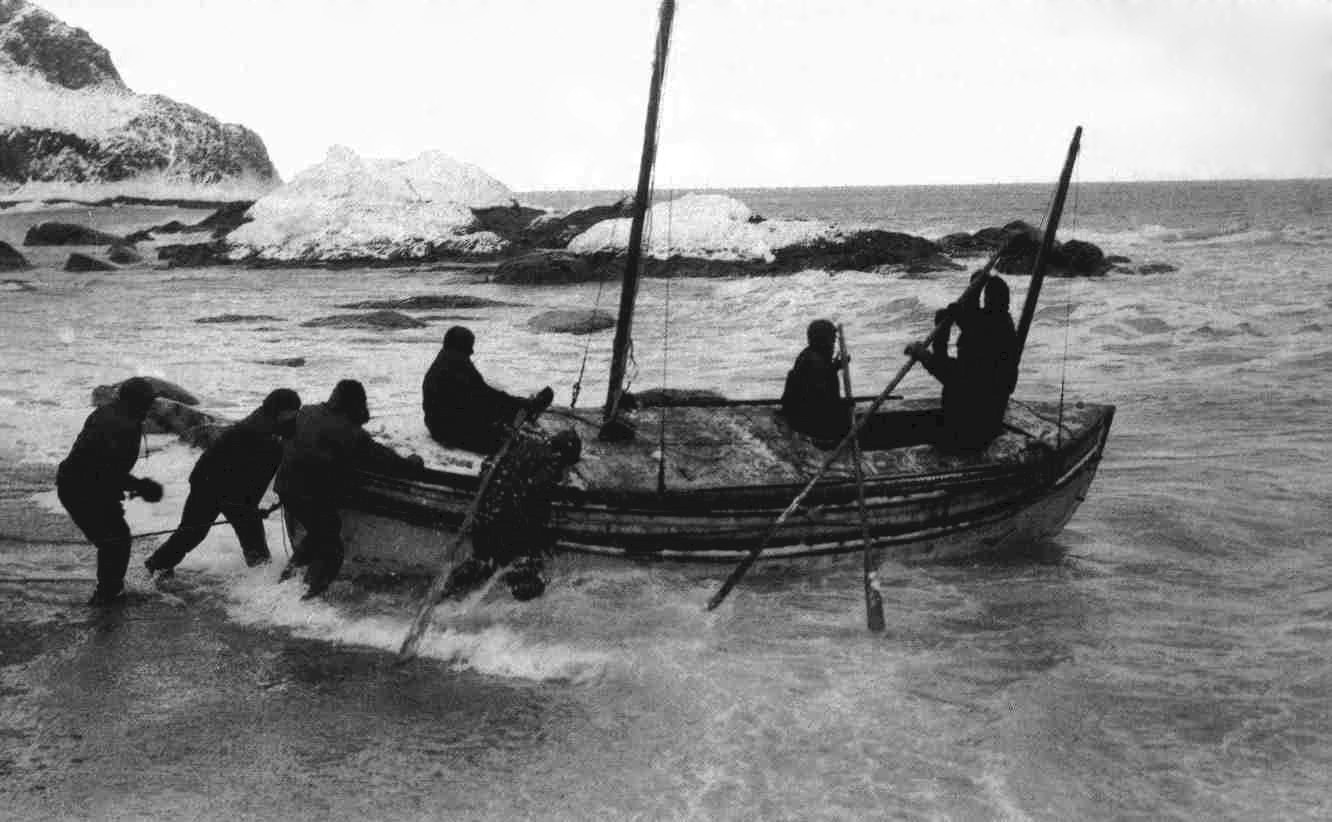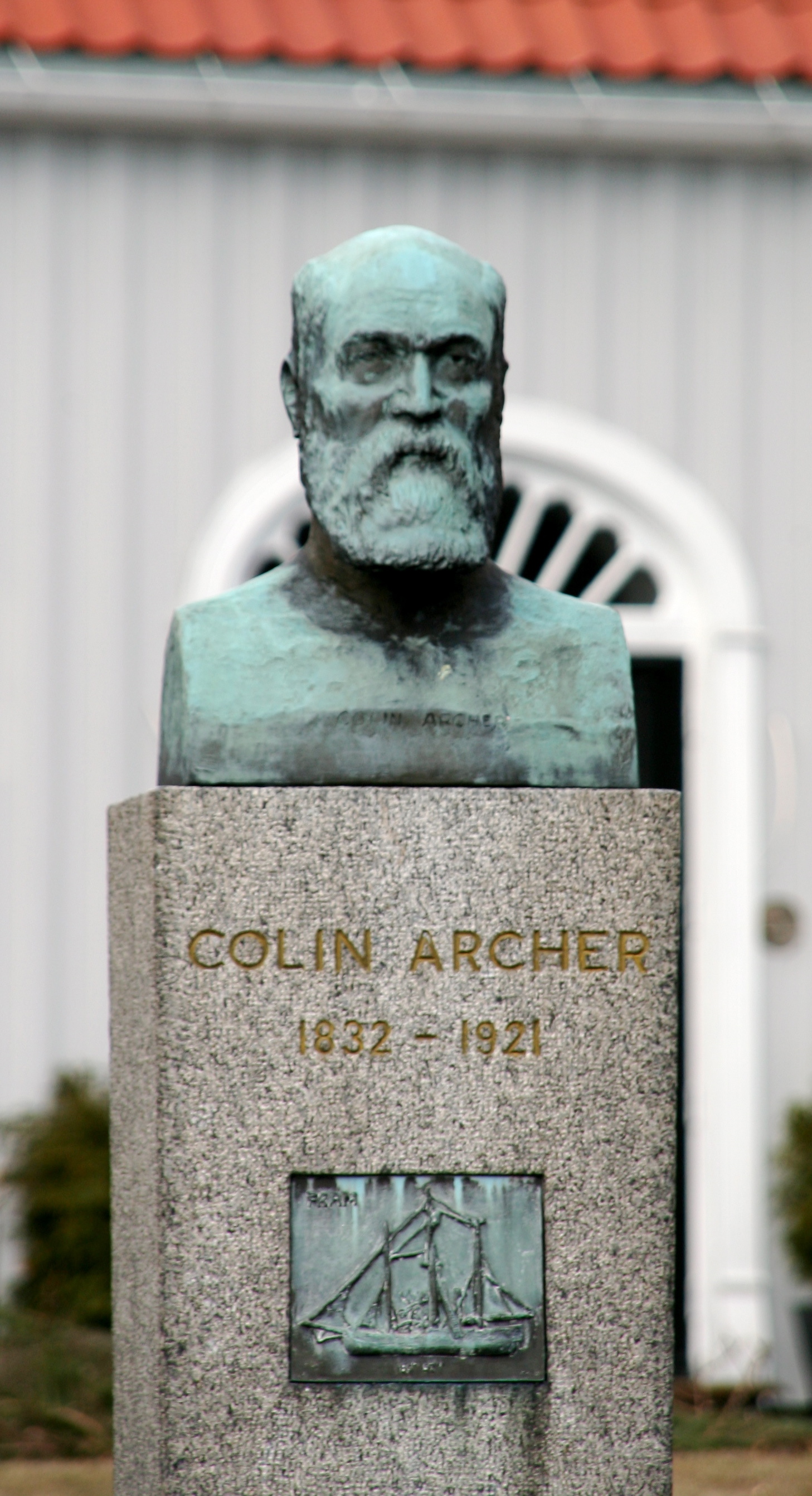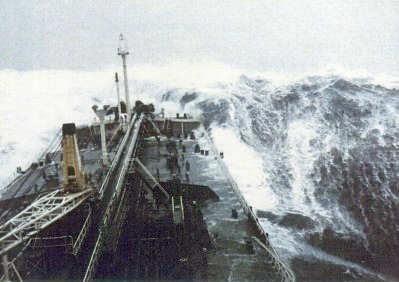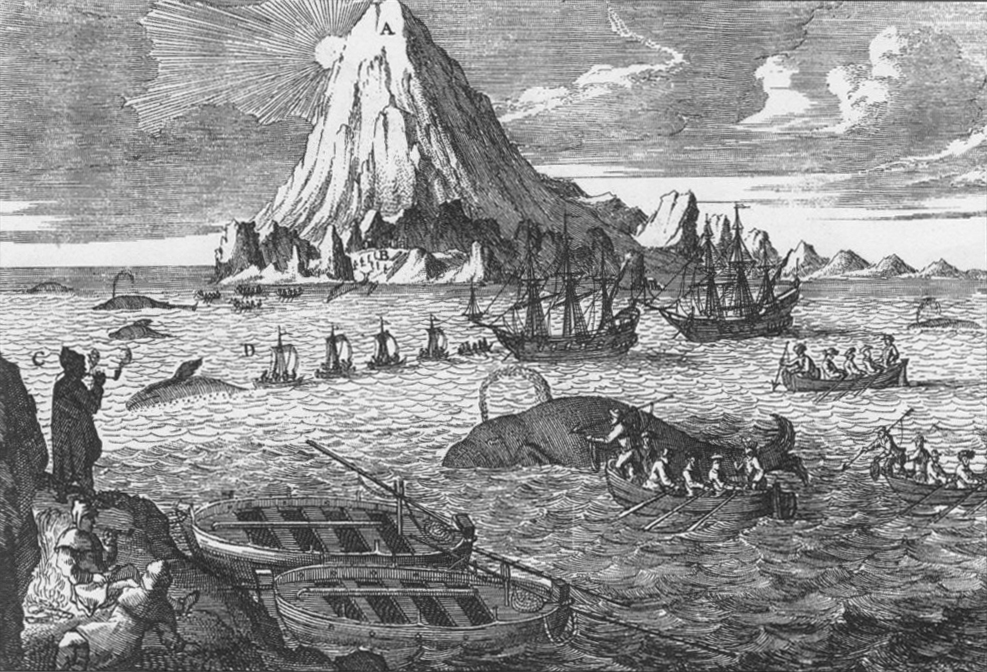|
James Caird (ship)
The voyage of the ''James Caird'' was a journey of from Elephant Island in the South Shetland Islands through the Southern Ocean to South Georgia Island, South Georgia, undertaken by Sir Ernest Shackleton and five companions to obtain rescue for the main body of the stranded Imperial Trans-Antarctic Expedition of 1914–1917. Historians regard the voyage of the crew in a ship's boat through the "Furious Fifties" as one of the greatest small-boat journeys ever completed. In October 1915, Sea ice, pack ice in the Weddell Sea had sunk the main expedition ship ''Endurance (1912 ship), Endurance'', leaving Shackleton and his 27 companions adrift on a Drift ice, floe. They drifted northward until April 1916, when the floe on which they were camped broke up; they made their way in the ship's boats to Elephant Island. Shackleton decided to sail one of the boats with a small crew to South Georgia to seek help. It was not the closest human settlement but the only one that did not req ... [...More Info...] [...Related Items...] OR: [Wikipedia] [Google] [Baidu] |
Dulwich College
Dulwich College is a 2–19 independent, day and boarding school for boys in Dulwich, London, England. As a public school, it began as the College of God's Gift, founded in 1619 by Elizabethan actor Edward Alleyn, with the original purpose of educating 12 poor scholars. It began to grow into a large school from 1857, and took its current form in 1870 when it moved into its current premises. Admission by examination is mainly into years 3, 7, 9, and 12 (i.e. ages 7, 11, 13, and 16 years old) to the Junior, Lower, Middle and Upper Schools into which the college is divided. It is a member of both the Headmasters' and Headmistresses' Conference and the Eton Group. History 1619: The College of God's Gift On 21 June 1619 the College of God's Gift was established in Dulwich by Edward Alleyn with the signing letters patent by James I.Hodges, S. (1981), ''God's Gift: A Living History of Dulwich College'', pp. 3–5 (Heinemann: London). The term "Dulwich College" was used colloquia ... [...More Info...] [...Related Items...] OR: [Wikipedia] [Google] [Baidu] |
Colin Archer
Colin Archer (22 July 1832 – 8 February 1921) was a Norwegian naval architect and shipbuilder known for his seaworthy pilot and rescue boats and the larger sailing and polar ships. His most famous ship is the ''Fram'', used on both in Fridtjof Nansen's and Roald Amundsen's polar expeditions. He was born at Tollerodden in Larvik, Norway, where he also had his own house built and his boatyard. Early life Colin Archer was born in Larvik in southern Norway as the 12th of 13 children to parents who immigrated to Norway from Scotland in 1825. Before his career in naval architecture, he spent time as a farmer and administrator in Queensland, Australia with several of his brothers, including David who first arrived in Sydney in 1834. During his time as an administrator he was contracted to produce a map of the Fitzroy River. Their settlement is now known as Gracemere Homestead. In 1861, Archer returned to Larvik and undertook the study of practical and theoretical shipbuildi ... [...More Info...] [...Related Items...] OR: [Wikipedia] [Google] [Baidu] |
Whaleboat
A whaleboat is a type of open boat that was used for catching whales, or a boat of similar design that retained the name when used for a different purpose. Some whaleboats were used from whaling ships. Other whaleboats would operate from the shore. Later whaleboats usually could operate under sail or oar - American whaling crews in particular obtained better results by making their first approach to a whale under sail, then quickly unstepping the mast and using oars thereafter. Most whaleboats have double-ended, clinker-built hulls of light construction. The hulls were narrow and with sharp ends to achieve the best possible speed for the length of waterline. Length was between 27 and 31 feet. Beam was just over a fifth of the length. Typically they were propelled by five oars when rowed, and stepped a single removable mast when under sail. A rudder was used when under sail and a steering oar when the boat was rowed. The latter provided the manoeuvrability needed when closing wi ... [...More Info...] [...Related Items...] OR: [Wikipedia] [Google] [Baidu] |
Beaufort Scale
The Beaufort scale is an empirical measure that relates wind speed to observed conditions at sea or on land. Its full name is the Beaufort wind force scale. History The scale was devised in 1805 by the Irish hydrographer Francis Beaufort (later Rear Admiral), a Royal Navy officer, while serving on . The scale that carries Beaufort's name had a long and complex evolution from the previous work of others (including Daniel Defoe the century before) to when Beaufort was Hydrographer of the Navy in the 1830s, when it was adopted officially and first used during the voyage of HMS ''Beagle'' under Captain Robert FitzRoy, who was later to set up the first Meteorological Office (Met Office) in Britain giving regular weather forecasts. In the 18th century, naval officers made regular weather observations, but there was no standard scale and so they could be very subjective – one man's "stiff breeze" might be another's "soft breeze". Beaufort succeeded in standardising the sc ... [...More Info...] [...Related Items...] OR: [Wikipedia] [Google] [Baidu] |
James Caird En
James is a common English language surname and given name: *James (name), the typically masculine first name James * James (surname), various people with the last name James James or James City may also refer to: People * King James (other), various kings named James * Saint James (other) * James (musician) * James, brother of Jesus Places Canada * James Bay, a large body of water * James, Ontario United Kingdom * James College, a college of the University of York United States * James, Georgia, an unincorporated community * James, Iowa, an unincorporated community * James City, North Carolina * James City County, Virginia ** James City (Virginia Company) ** James City Shire * James City, Pennsylvania * St. James City, Florida Arts, entertainment, and media * ''James'' (2005 film), a Bollywood film * ''James'' (2008 film), an Irish short film * ''James'' (2022 film), an Indian Kannada-language film * James the Red Engine, a character in ''Thomas the Tank En ... [...More Info...] [...Related Items...] OR: [Wikipedia] [Google] [Baidu] |
Frank Wild
John Robert Francis Wild (18 April 1873 – 19 August 1939), known as Frank Wild, was an English sailor and explorer. He participated in five expeditions to Antarctica during the Heroic Age of Antarctic Exploration, for which he was awarded the Polar Medal with four bars, one of only two men to be so honoured, the other being Ernest Joyce. Early life Frank Wild was born in Skelton-in-Cleveland, North Riding of Yorkshire, the eldest of eight sons and three daughters born to Benjamin Wild, a schoolteacher, and his wife Mary (née Cook), a seamstress. The family came from Skelton close to Marton, birthplace of Captain James Cook, to whom the family claimed ancestry through Mrs. Wild; her father was Robert Cook, who claimed to be a grandson of the great explorer. By 1875, the Wild family had moved from Skelton to Stickford in Lincolnshire, and in late 1880 moved again to Wheldrake near York. Wild's family next moved to the village of Eversholt in Bedfordshire. Here his fath ... [...More Info...] [...Related Items...] OR: [Wikipedia] [Google] [Baidu] |
Whaling
Whaling is the process of hunting of whales for their usable products such as meat and blubber, which can be turned into a type of oil that became increasingly important in the Industrial Revolution. It was practiced as an organized industry as early as 875 AD. By the 16th century, it had risen to be the principal industry in the Basque coastal regions of Spain and France. The industry spread throughout the world, and became increasingly profitable in terms of trade and resources. Some regions of the world's oceans, along the animals' migration routes, had a particularly dense whale population, and became the targets for large concentrations of whaling ships, and the industry continued to grow well into the 20th century. The depletion of some whale species to near extinction led to the banning of whaling in many countries by 1969, and to an international cessation of whaling as an industry in the late 1980s. The earliest known forms of whaling date to at least 3000 BC. Coasta ... [...More Info...] [...Related Items...] OR: [Wikipedia] [Google] [Baidu] |
British Admiralty
The Admiralty was a department of the Government of the United Kingdom responsible for the command of the Royal Navy until 1964, historically under its titular head, the Lord High Admiral – one of the Great Officers of State. For much of its history, from the early 18th century until its abolition, the role of the Lord High Admiral was almost invariably put "in commission" and exercised by the Lords Commissioner of the Admiralty, who sat on the governing Board of Admiralty, rather than by a single person. The Admiralty was replaced by the Admiralty Board in 1964, as part of the reforms that created the Ministry of Defence and its Navy Department (later Navy Command). Before the Acts of Union 1707, the Office of the Admiralty and Marine Affairs administered the Royal Navy of the Kingdom of England, which merged with the Royal Scots Navy and the absorbed the responsibilities of the Lord High Admiral of the Kingdom of Scotland with the unification of the Kingdom of Great ... [...More Info...] [...Related Items...] OR: [Wikipedia] [Google] [Baidu] |
Deception Island
Deception Island is an island in the South Shetland Islands close to the Antarctic Peninsula with a large and usually "safe" natural harbor, which is occasionally troubled by the underlying active volcano. This island is the caldera of an active volcano, which seriously damaged local scientific stations in 1967 and 1969. The island previously held a whaling station. It is now a tourist destination with over 15,000 visitors per year. Two research stations are operated by Argentina and Spain during the summer season. While various countries have asserted sovereignty, it is still administered under the Antarctic Treaty System. Geography Located within the Bransfield Strait, the island is roughly circular and horseshoe-shaped, with a maximum diameter around . The highest peak, Mont Pond on the east side of the island, has an elevation of , while Mount Kirkwood on the west has an elevation of . Over half (57%) of the island is covered by glaciers up to 10 m thick, ice-cor ... [...More Info...] [...Related Items...] OR: [Wikipedia] [Google] [Baidu] |
Falkland Islands
The Falkland Islands (; es, Islas Malvinas, link=no ) is an archipelago in the South Atlantic Ocean on the Patagonian Shelf. The principal islands are about east of South America's southern Patagonian coast and about from Cape Dubouzet at the northern tip of the Antarctic Peninsula, at a latitude of about 52°S. The archipelago, with an area of , comprises East Falkland, West Falkland, and 776 smaller islands. As a British overseas territory, the Falklands have internal self-governance, but the United Kingdom takes responsibility for their defence and foreign affairs. The capital and largest settlement is Stanley on East Falkland. Controversy exists over the Falklands' discovery and subsequent colonisation by Europeans. At various times, the islands have had French, British, Spanish, and Argentine settlements. Britain reasserted its rule in 1833, but Argentina maintains its claim to the islands. In April 1982, Argentine military forces invaded the islands. British a ... [...More Info...] [...Related Items...] OR: [Wikipedia] [Google] [Baidu] |
Stanley, Falkland Islands
Stanley (; also known as Port Stanley) is the capital city of the Falkland Islands. It is located on the island of East Falkland, on a north-facing slope in one of the wettest parts of the islands. At the 2016 census, the city had a population of 2,460. The entire population of the Falkland Islands was 3,398 on Census Day on 9 October 2016. Stanley is represented by five of the eight elected members of the Legislative Assembly of the Falkland Islands, Stacy Bragger, Barry Elsby, Mark Pollard, Roger Spink and Leona Vidal Roberts. An elected Town Council of Stanley existed from 1948 to 1973. On 20 May 2022, it was announced that, as part of the Platinum Jubilee Civic Honours, Stanley would receive city status. On 14 June 2022, Stanley received letters patent, formally awarding it city status. Facilities and infrastructure Stanley is the main shopping centre on the islands and the hub of East Falkland's road network. Attractions include the Falkland Islands Museum, Governme ... [...More Info...] [...Related Items...] OR: [Wikipedia] [Google] [Baidu] |




.jpg)


.jpg)